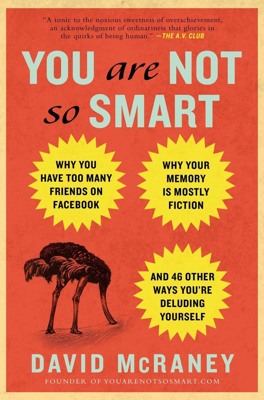Social Loafing
Misconception vs. Truth
Misconception: When you are joined by others in a task, you work harder and become more accomplished.
Truth: Once part of a group, you tend to put in less effort because you know your work will be pooled together with others'.
Social Loafing
- Definition: Social loafing describes the tendency to exert less effort when working in a group compared to working alone.
Key Studies
Tug-of-War Experiment (Alan Ingham, 1974):
- Participants pulled on a rope alone but thought they were part of a group.
- Pulled 18% less strenuously when they believed they were in a group.
Ringelmann Effect (Maximilien Ringelmann, 1913):
- Groups pulling on a strain gauge produced less combined effort than the sum of individual efforts.
Psychological Insights
- Evaluation Apprehension: People work harder when they know their individual effort can be singled out and evaluated. In groups, they feel less anxious and tend to coast.
Practical Applications
- Group Activities: Group tasks, particularly simple ones, suffer more from social loafing as individuals relax under the assumption their effort is less visible.
- Sports: Coaches counteract social loafing by isolating players for evaluations, ensuring individual performance can be assessed.
- Workplace Productivity: Factories and communal farms often underperform compared to environments where individual output is monitored and quotas are set.
Implications for Organizations
- Many organizations are aware of social loafing and implement monitoring systems to ensure individual accountability.
- Being aware of evaluation apprehension allows companies to design better work environments that promote higher productivity.
